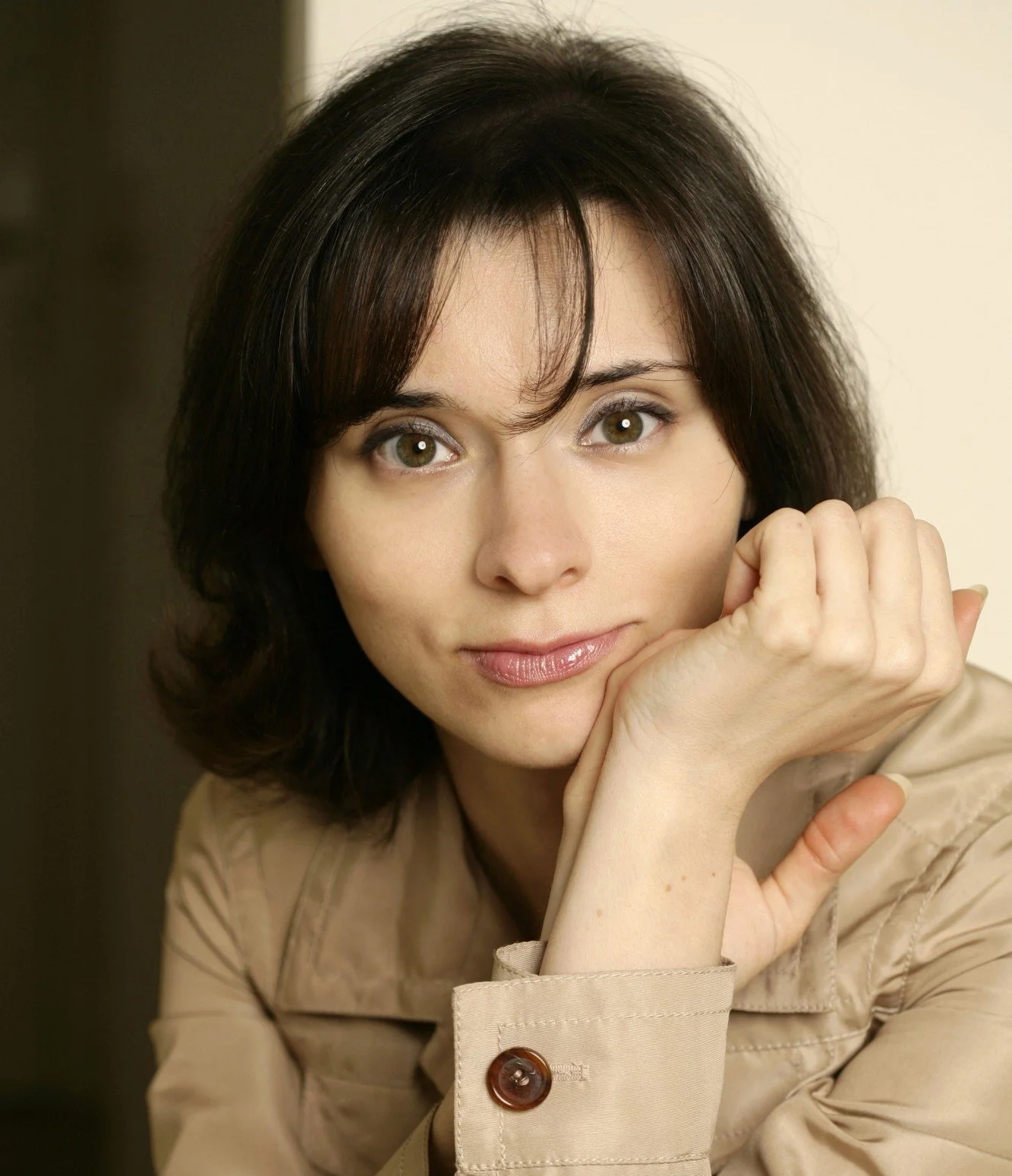IIJS hosted Ido Ben Harush, a recipient of the IIJS’s New Perspectives in Jewish Studies Award for 2024-2025, for his talk titled, “The Ban on Images Goes Digital: Vilém Flusser and German Jewish Thought.”
Modern German Jewish thinkers often addressed the question of the role of mediation in understanding the divine and the world through the lens of the Second Commandment's prohibition on graven images. Philosophers like Moses Mendelssohn and Hermann Cohen approached visual mediation with suspicion, arguing that images could obstruct a true encounter with God and truth, potentially leading to idolatry. This presentation introduces the Prague born media theorist Vilém Flusser (1920-1991) as a Jewish philosopher, and examines his contribution to this discussion. Flusser argues that digital images are different from “traditional images” as they do not reflect or distort reality but generate visual entities entirely independent of the physical world. Understood as such, the digital image is not an intermediary and therefore escapes standard theological problems associated with idolatry and mediation. By positioning Flusser within the German Jewish tradition, this presentation brings to the fore a neglected voice in 20th-century Jewish philosophy and explores the applicability of traditional questions to our digital age.
Ido Ben Harush is a PhD candidate in the department of Germanic Languages and Literatures at Yale University. He is a scholar of modern German Jewish philosophy and literature, with interest in theories of image, gesture and secularization. His dissertation examines the literary variations and afterlives of the prohibition of idolatry and the biblical ban on images (Bilderverbot) in the work of modern German Jewish authors and shows how concerns about idolatry are retrieved and repurposed in philosophical, political, and aesthetic discourses.
This talk was made possible by the generosity of the Radov and Kaye families.
Keep up with the IIJS on Facebook, Instagram, and Twitter or join our mailing list for updates!





